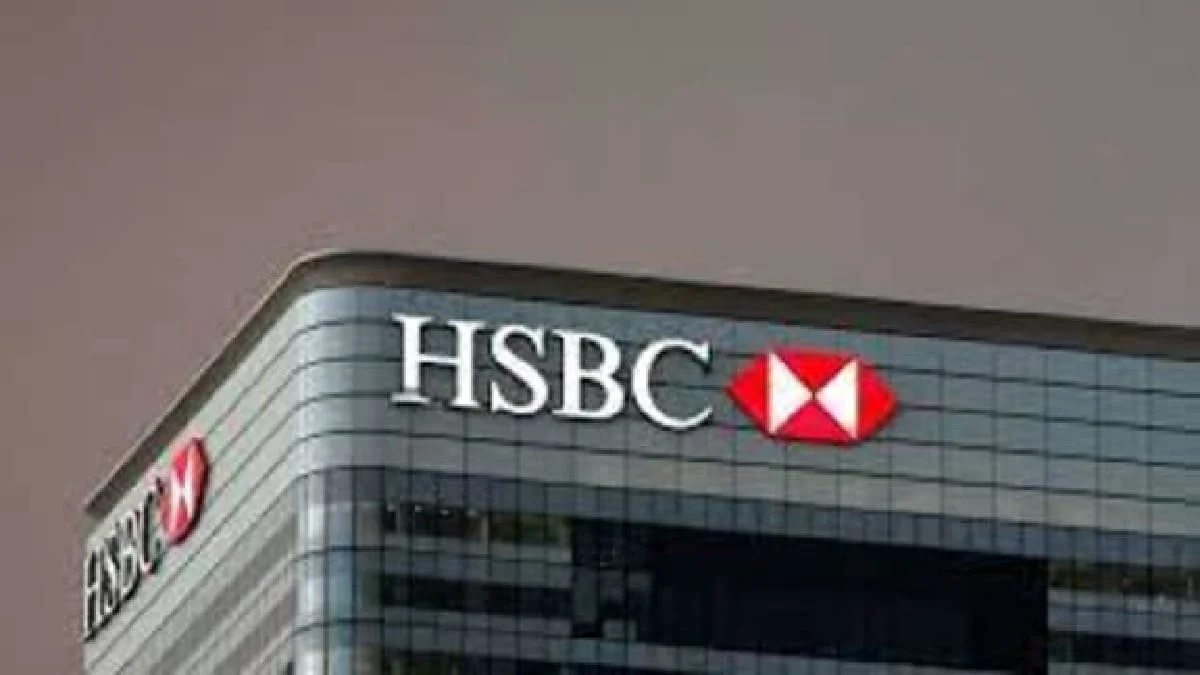Over dinner served by the chef of Odette, a three-Michelin-star restaurant in Singapore, the bank’s wealthy clients who flew in from Hong Kong and Dubai, mingled with HSBC’s local customers. HSBC’s efforts to convince prospective Indian clients that its wealth management services in the country will not make a retreat again is a linchpin for its ambitious plans there.
Nuno Matos, HSBC’s global head of wealth and personal banking, in an interview this month in Mumbai said, “Today, South Asia and Southeast Asia region put together is the rising star of global wealth. India is critical for our leadership push in wealth in Asia.”
According to Matos, the firm saw invested assets in India more than triple in 2022 from a year ago and expects this to continue growing at a fast pace. It also grew its non-resident Indian customers 9% over the same period. HSBC plans to recruit more than two dozen wealth bankers for this fresh effort, people with knowledge of the matter earlier said.
The optimism toward expanding in this market marks a departure from previous scepticism that had prompted firms like UBS Group AG and Morgan Stanley to quit the private banking business in India. With wealth now booming, global banks like Julius Baer Group Ltd. are once again training their sights on servicing the Indian rich.
Julius Baer aims to double headcount and triple assets under management in the country within the next five years. Rahul Malhotra, the firm’s head of private banking for global India and developed markets, in a May conference said, “India used to be “the gift that never gives,”. “It’s giving now.”
At HSBC, where Asia contributed the majority of net new money in the first quarter, the lender is betting on its global heft to get ahead in the South Asian country. Businesses in India want to make acquisitions overseas, and some of the 32 million Indians need wealth management services, according to Matos. Its India private banking operation is aimed at professionals, entrepreneurs and their families with investable assets of more than $2 million.
According to Matos, the wealth and personal banking business contributes over a third of HSBC’s overall pre-tax profit and may become an even bigger driver as central banks pause hiking rates. Net fee income in the business fell in 2022 from the previous year as activity from rich clients was subdued, given the market volatility.
Matos said, “Wealth does not like high rates and had customers on the sidelines waiting for clarification on when this rate cycle would end. This business will grow much faster than now when rates start falling.”
He also added that he is “one quarter an Indian” as his grandfather hailed from Daman, once a Portuguese colony in the South Asian nation. While he visits key markets around the world about two times a year, this is Matos’s third visit to India during the period, underscoring the importance of the market.
As the Mumbai dinner ended, Matos assured clients seated at four long tables that the bank, whose history in India traces back 170 years, will not leave the private banking business in the country again.
He said, “It was a tough road in India then, and now it’s becoming a much cleaner road. Our strategic clarity is also very much aligned with that, and I expect us to be here in a hundred years celebrating the successes.”


